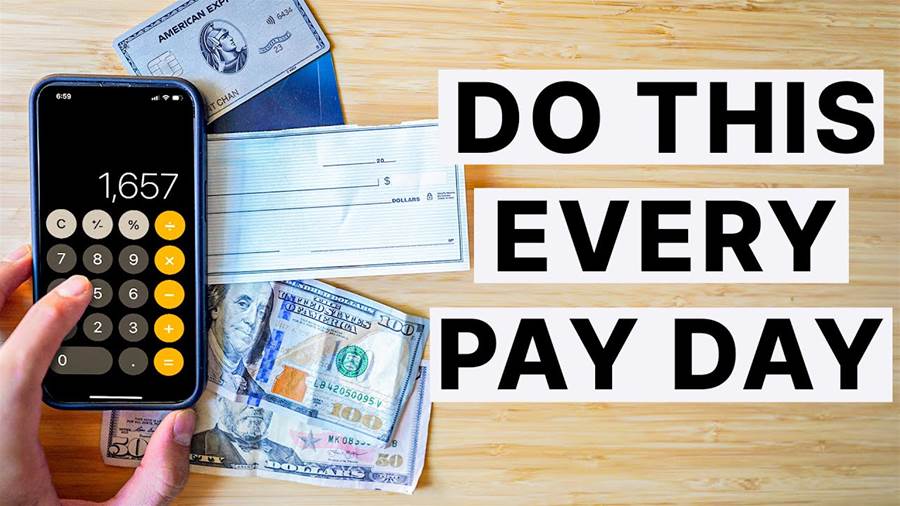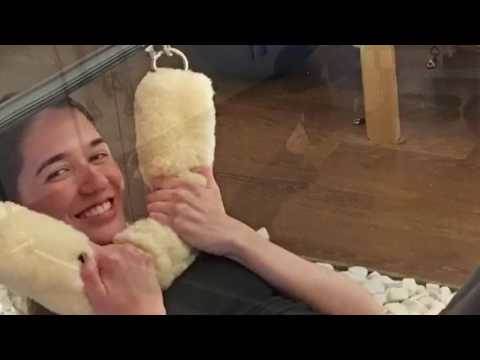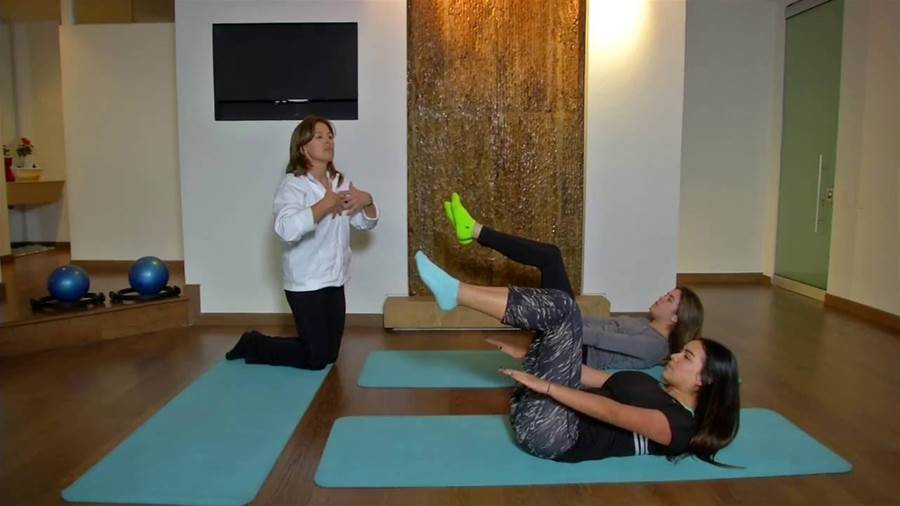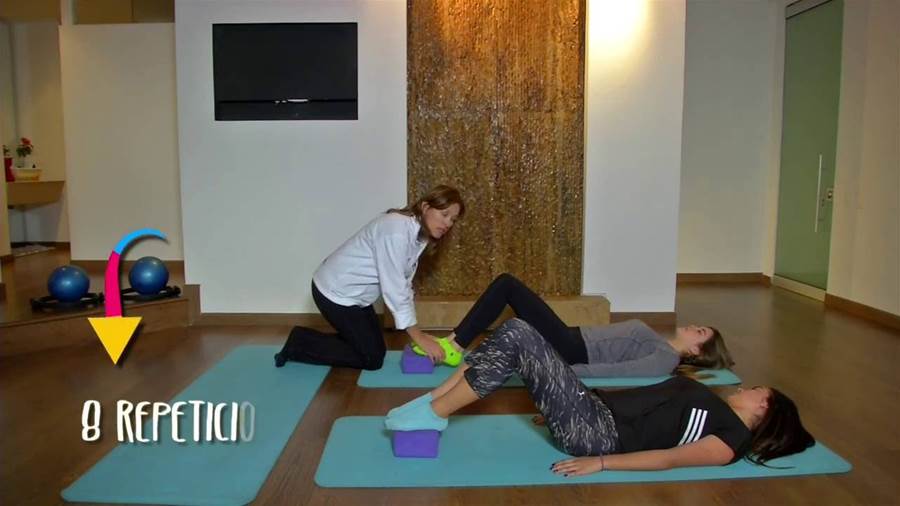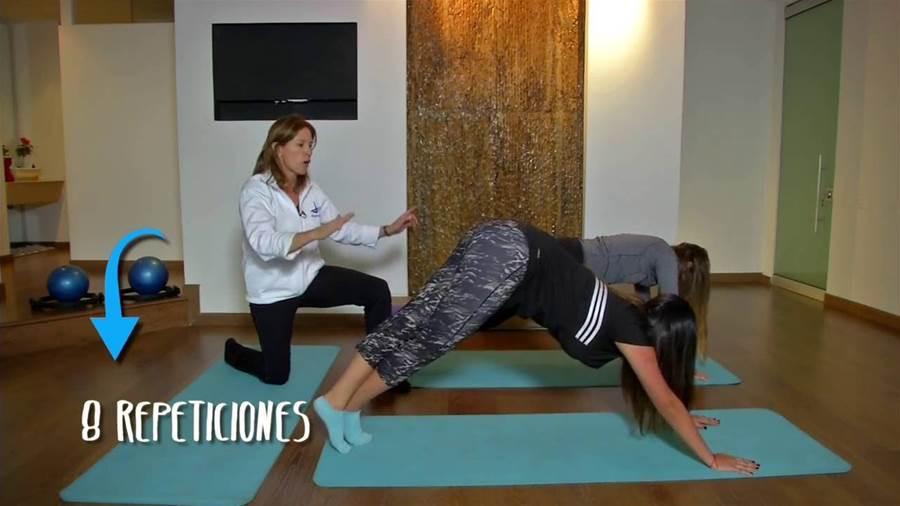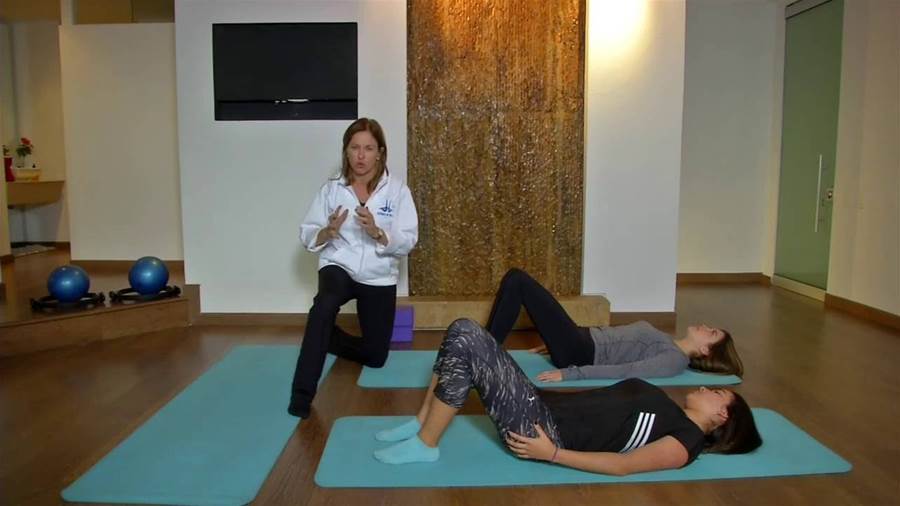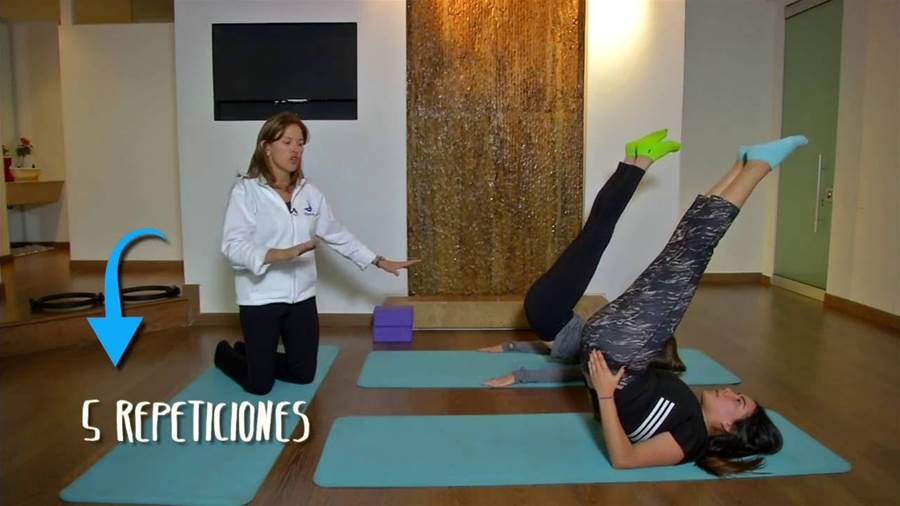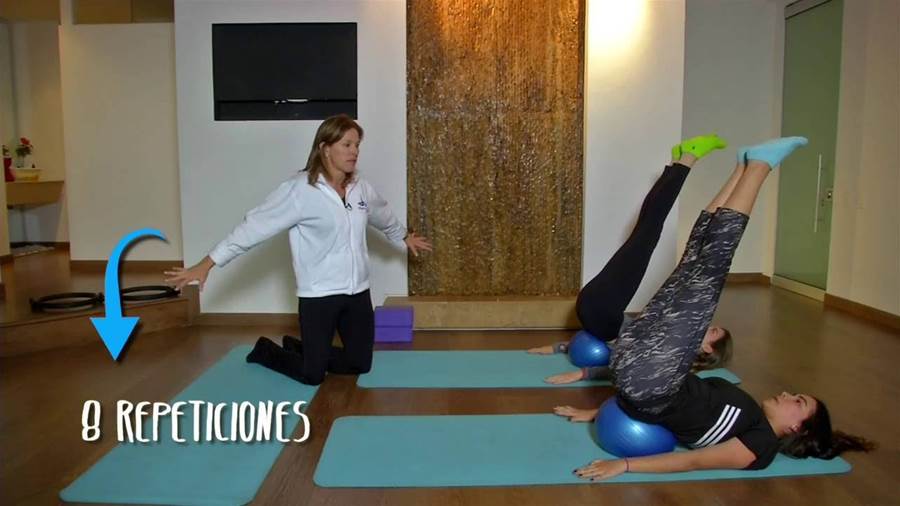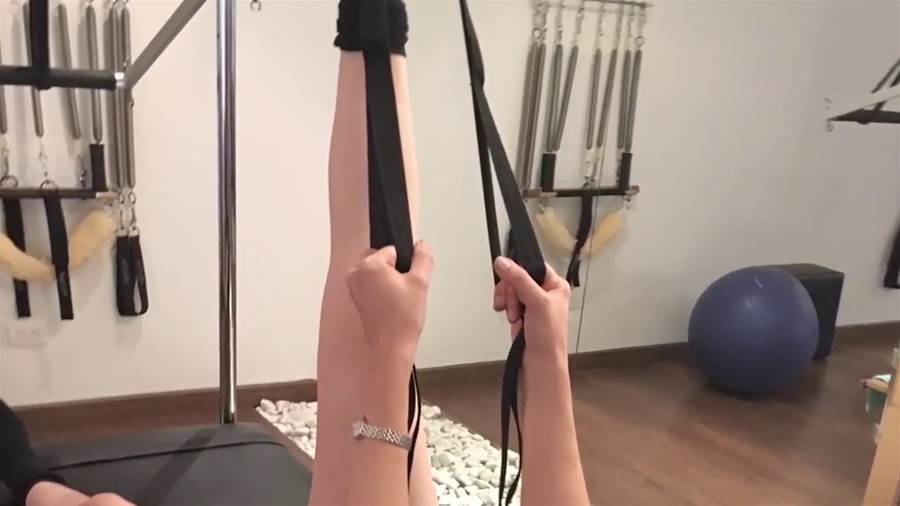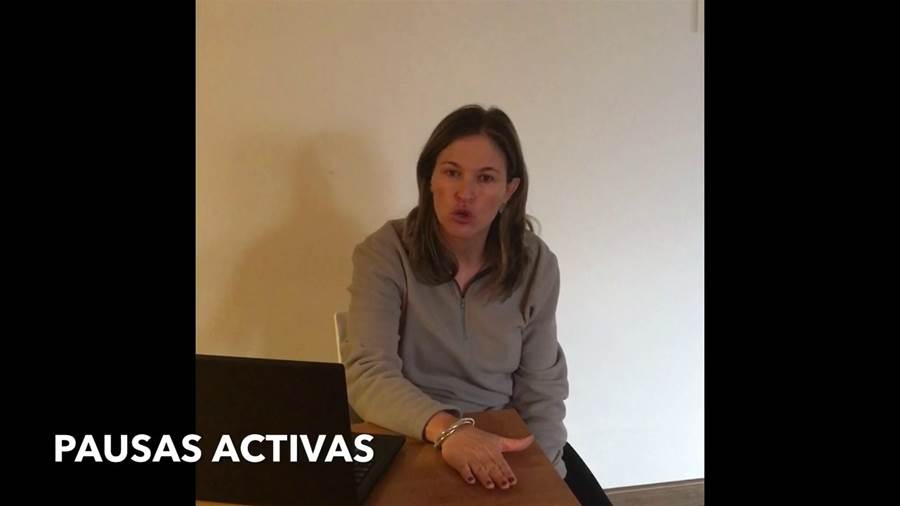
A few months after I got engaged in 2004, I had to sit down and explain to my future father-in-law how he was going to get enough to eat at our wedding reception. See, he was a New Yorker. My boyfriend, now husband, and I met in New York City, where he was raised. Weddings in New York—and many, many other places in the country outside of the South—tend to be seated affairs. There are place cards and seat assignments and plated chicken breasts.
As I began to explain to my future father-in-law the concept of the typical Southern wedding reception we would be having in my hometown of Memphis, where the food is a buffet and there might only be enough chairs to accommodate guests with AARP memberships, his eyes widened.
"But what will we eat for dinner?" he asked.
"Oh, any number of things!" I offered. "We will probably have a carving station, and I was thinking there would be one buffet with different salads.
"
"I don't understand. Can I get a dinner-sized portion of food?"
"Yes. You can go back to the buffet as many times as you want. That's the point.
The article is not finished. Click on the next page to continue.

